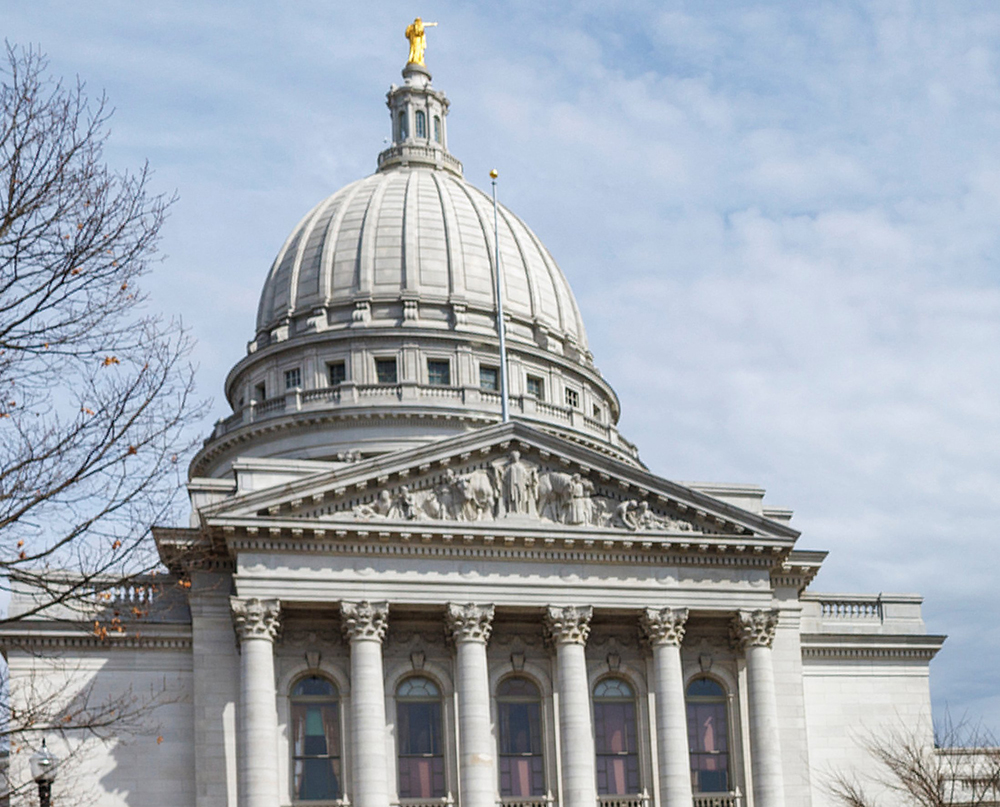
WASHINGTON — Wisconsin’s Supreme Court, in a divided ruling mid-March, said that because the work that a state Catholic Charities’ agency does is not primarily religious, it does not qualify for a religious exemption to the state’s unemployment tax.
Attorneys representing the Catholic Charities Bureau, the social service agency of the Diocese of Superior, plan to appeal the court’s ruling issued March 14.
“The Wisconsin Supreme Court got this case dead wrong,” said Eric Rassbach, vice president and senior counsel at the Becket Fund for Religious Liberty, the law firm representing the agency. He added that the service group “is religious, whether Wisconsin recognizes that fact or not.”
The court, in its 4-3 decision, said that although the agency’s work in helping older, disabled, and low-income people stems from Catholic teaching, the work itself is secular.
“In other words, they offer services that would be the same regardless of the motivation of the provider” and do not “operate primarily for religious purposes,” Justice Ann Walsh Bradley wrote in the majority opinion.
Other religious groups have been watching this case closely.
The Catholic Charities Bureau in the Diocese of Superior manages nonprofit organizations that run more than 60 programs for people in need in the local area.
The bureau and four of the nonprofit groups working with it have been arguing in court for several years that a religious exemption from the state’s unemployment tax should apply to them because their work is motivated by Catholic teaching.
But a state appeals court last year said they failed to adequately show this.
Wisconsin law requires employers to pay an unemployment tax that is used to fund benefits for workers who lose their jobs. The state law exempts religious organizations from the tax.
The Catholic Charities’ agency in Superior had requested an exemption from this unemployment program to enroll in the Wisconsin Bishops’ Church Unemployment Pay Program, which it said was a more efficient unemployment compensation program with the same level of benefits as the state’s program.
But the appeals’ court decision, now upheld by the Supreme Court, said they didn’t qualify for an exemption.
On the Becket website, the firm’s attorneys said the appeals court “misinterpreted state law and violated the First Amendment,” emphasizing that the agency’s work is tied with the diocese and more broadly, with the Catholic Church.
They also called this decision “deeply problematic.”
The Becket attorneys said that the court’s determination that Catholic Charities’ activities are not religious because the agency serves those in need and doesn’t proselytize ends up penalizing “faiths that make caring for those in need — regardless of their religious background — a religious obligation.”
“Religious communities have a right to serve those in need according to the dictates of their faith,” the law firm added.
